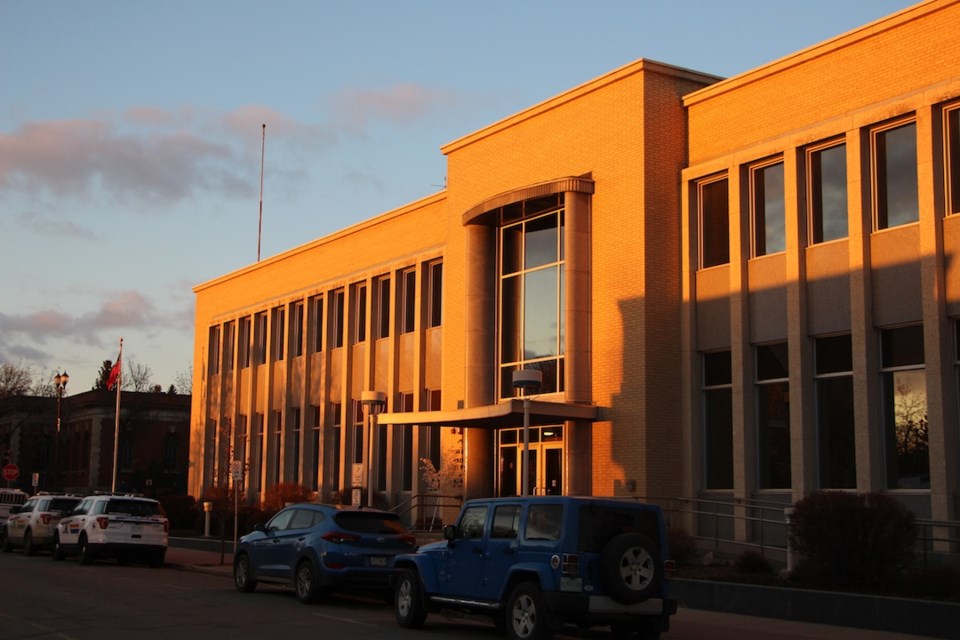Yorkton Council moved Monday to adjust a number of its landfill rates.
“With the added expenses to construct new cells and more stringent environmental regulations for establishing new landfills, it’s imperative to best manage the available space to maximize our City’s capital investments,” explained Aron Hershmiller Assistant Director of Environmental Services with the City at the regular meeting of Council.
Hershmiller said the adjustments were being suggested in-part because users were asking for changes. He said after the fees bylaw was passed in 2018 “we have received feedback from some of our waste haulers, contractors, and industry clients requesting that we convert or change our current Asbestos, Spent Bleaching Clay and Commercial Compost rates from cubic yards to a tonnage rate.
“By changing all of the landfill rates to tonnage, it will not only create efficiencies for the landfill scale attendant, but will also allow city staff to better track and trend our current and future landfill data.
“In addition, contractors, industry clients, and waste haulers will be able to bid jobs or contracts more easily with a tonnage rate vs the current cubic yard rate.”
As a result of the feedback the Environmental Services Department completed a review of fees, said Hershmiller, adding that meant looking at four years of data in order to convert line items to a tonnage rate.
After all the reviews Administration proposed three description changes.
In the case of asbestos it was recommended to change to a per tonne rate from cubic yards noting the weight / volume of asbestos is extremely variable. When administration converted the current cubic yard rate to tonnes, it was realized that the current rate is considerably high ($800 /tonne) when comparing to 12 other western Canadian cities (ranged from $300 - $600/tonne).
The new rate sets the fee at $450 per tonne under three tonnes, and at $350 per tonne over three tonnes, with material from outside the city at 50 per cent higher.
Spent bleaching clay, a waste product of the two canola crushing plants will also change from a cubic yards fee to one based on tonnes.
The spent bleaching clay four year average rate when converting to tonnes from cubic yards was $49.00/ tonne (The proposed rate is $50.00 /tonne).
Commercial compost will also move to a tonnage fee.
The commercial compost four year average rate when converting to tonnes from cubic yards was $42.00/tonne (The proposed new rate is $42.00 /tonne).
And finally the Industrial Products Requiring Special Handling fee will increase to $200 per hour, up from $175.
The changes were all accepted by unanimous vote by Council.



